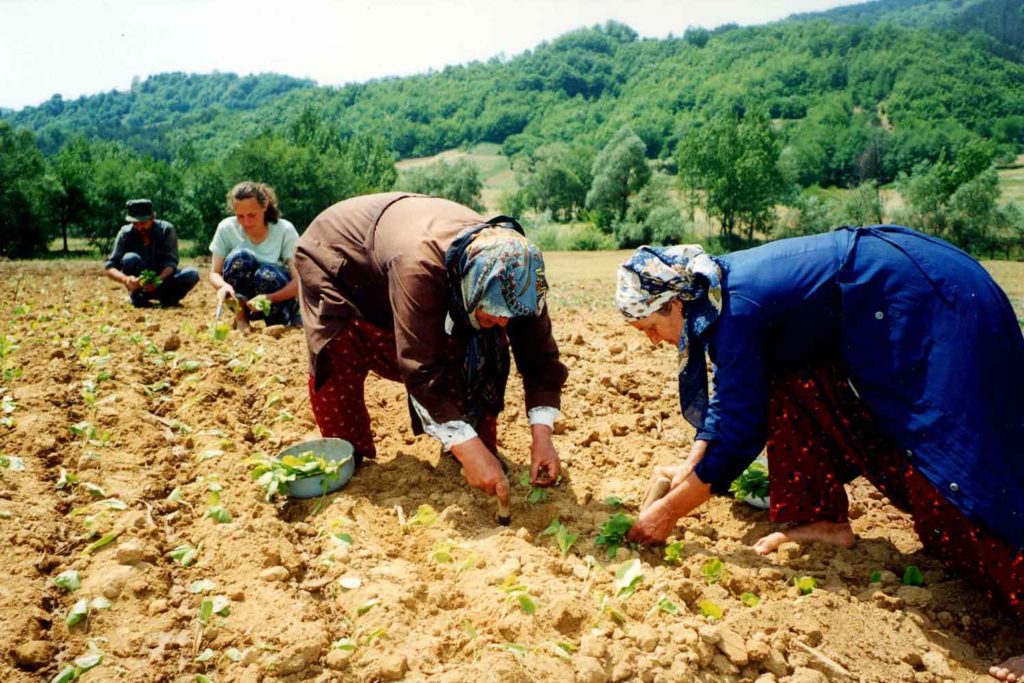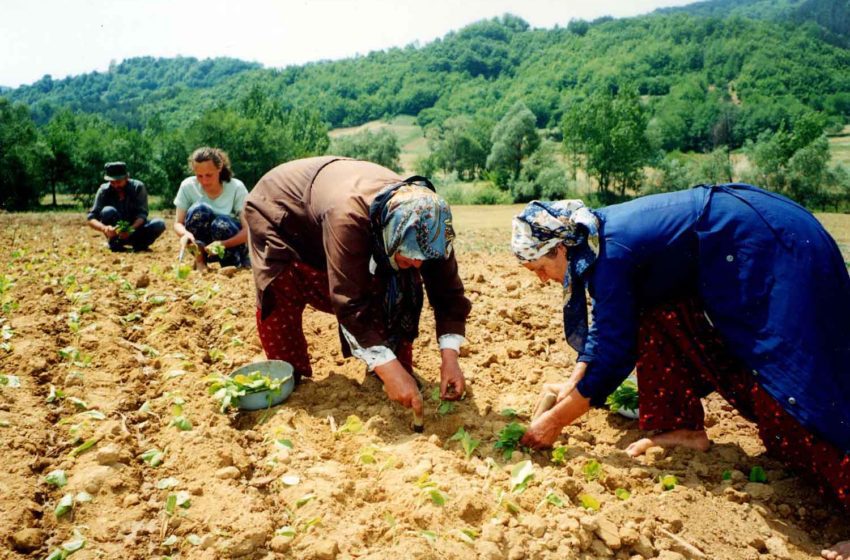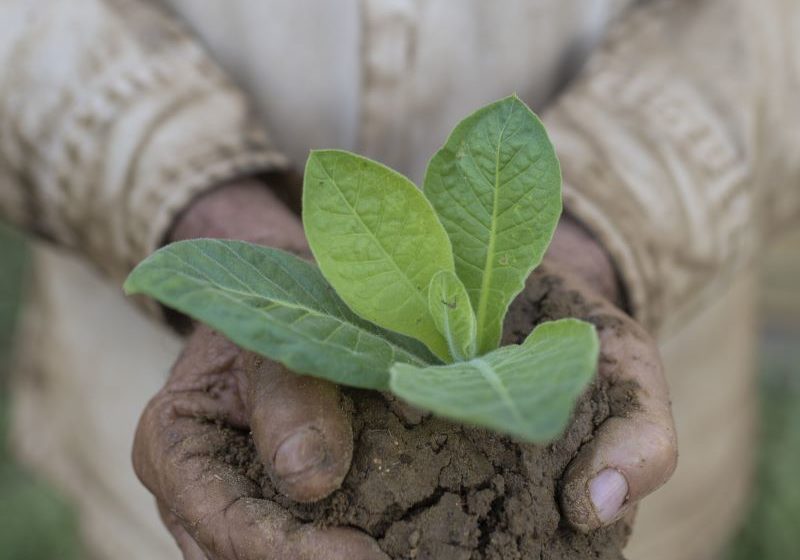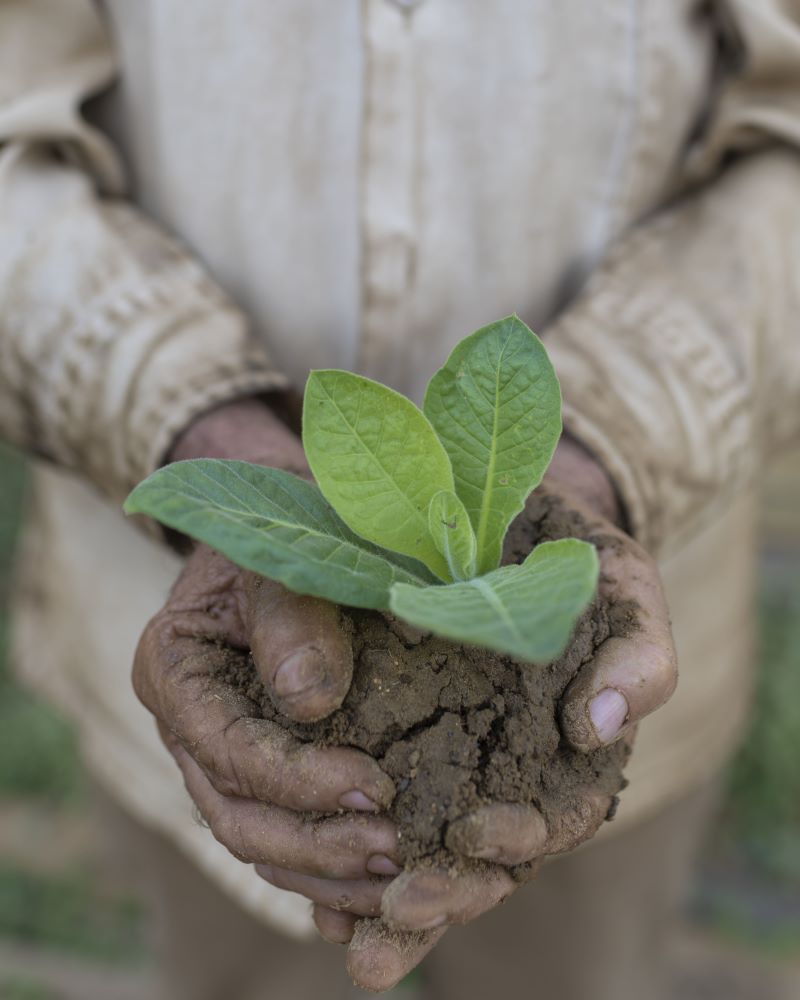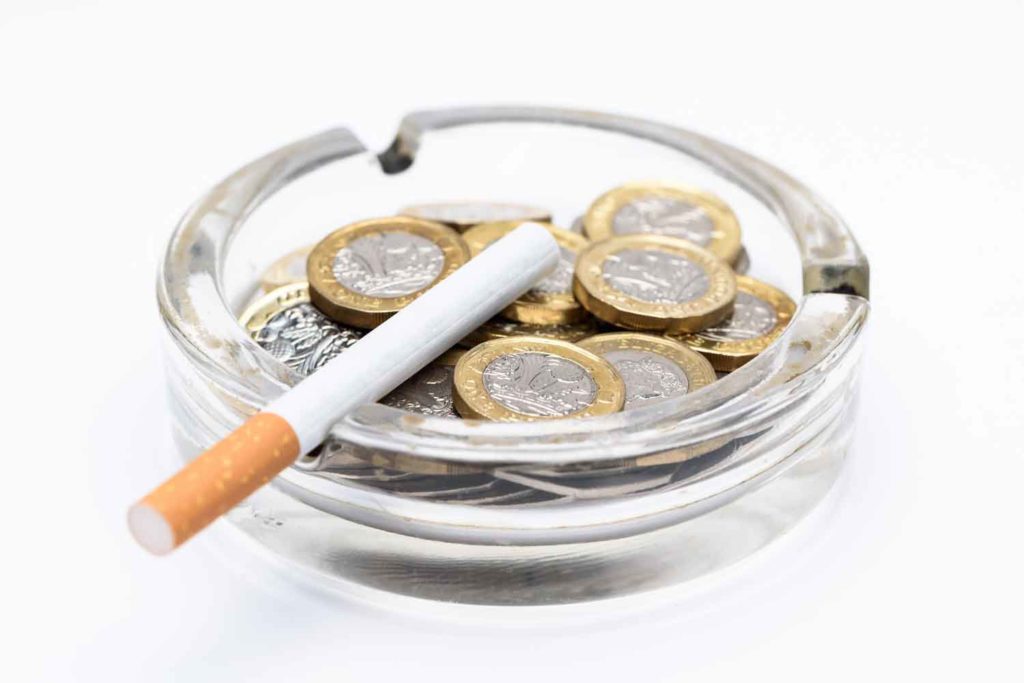For the full year of 2022, Scandinavian Tobacco Group delivered a 3.5 percent negative organic EBITDA growth in line with the guidance range of minus-4 percent to 0 percent, free cash flow before acquisitions at DKK1.3 billion ($184.5 million) and an increase in adjusted earnings per share (EPS) of 8 percent. The EBITDA margin before special items was 25.9 percent. For the full year of 2023, net sales and EBITDA margin before special items are expected in the range of DKK9 billion to DKK9.3 billion and 24 percent to 25 percent, respectively.
For the fourth quarter of 2022, organic EBITDA increased by 13 percent with an EBITDA margin before special items at 25.8 percent, and the free cash flow before acquisitions was DKK530 million. These results were driven by a resilient demand for most product categories, including handmade cigars in the U.S., price increases across most product categories and continued cost efficiencies.
Net sales for the fourth quarter were DKK2.19 billion with 1.7 percent organic growth. EBITDA before special items was DKK563 million with 13.3 percent organic growth. The EBITDA margin was 25.8 percent. Adjusted earnings per share were DKK4.4. Return on invested capital was 14.3 percent.
For the full year of 2022, net sales decreased by 0.8 percent organically to DKK8.76 billion, and EBITDA before special items decreased by 3.5 percent organically to DKK2.27 billion with free cash flow before acquisitions at DKK1.26 billion.
“In the current environment, I’m pleased we can deliver a solid performance for the fourth quarter and the full year, which is in line with our financial expectations,” said CEO Niels Frederiksen. “In a challenging year, we have made good progress on our strategy ‘Rolling Toward 2025.’ Our vision is to become the undisputed and sustainable global leader in cigars, and the recent acquisition of the Alec Bradley cigar business brings us one step closer to achieving this. Our ambition of becoming a larger company, to grow our EBITDA margin over time and to generate outstanding cash flow are all important pillars for creating continuous shareholder value. I am confident we will make further progress in 2023 on our long-term strategy.”
At the annual general meeting on April 13, 2023, the board of directors will propose an increase in the ordinary dividend of 10 percent to DKK8.25 per share.
For the financial year 2023, guidance metric for the group will be changed. In the financial statements going forward, the group will report on and publish expectations for reported net sales and EBITDA margin before special items instead of organic EBITDA growth. The new guidance metrics will better reflect the group’s operational performance and will increase transparency from divisional performance to group level.
A conference call will be held on March 9, 2023, at 10:00 CEST. Dial-in information and an accompanying presentation will be available at investor.st-group.com/investor around 09:00 CEST.
